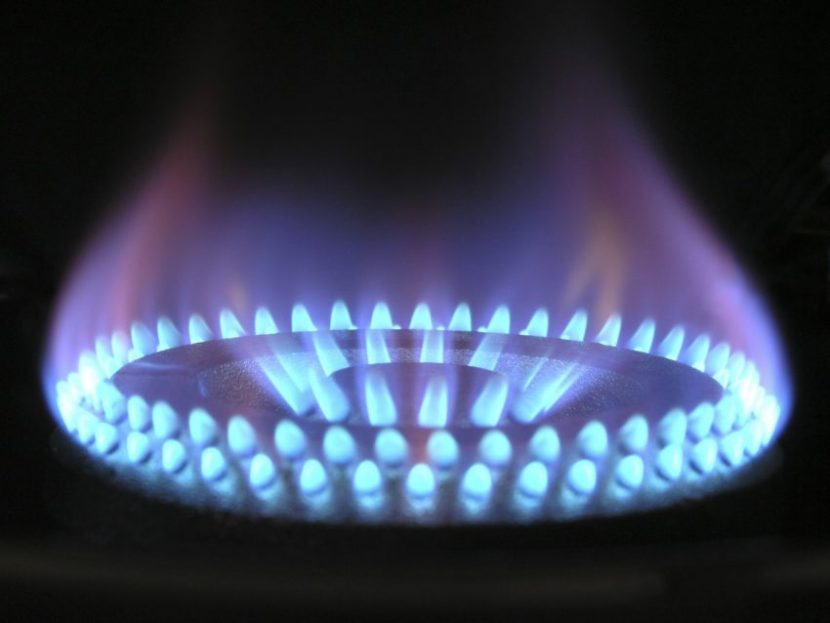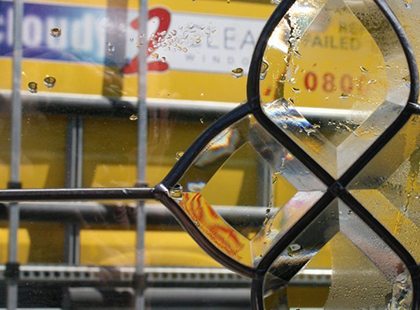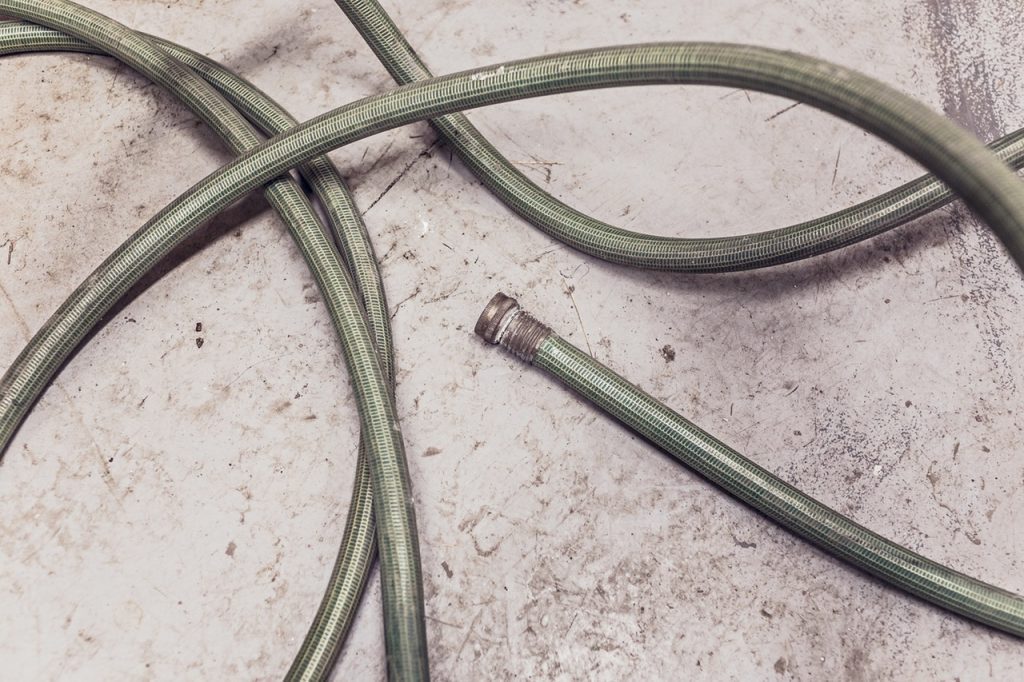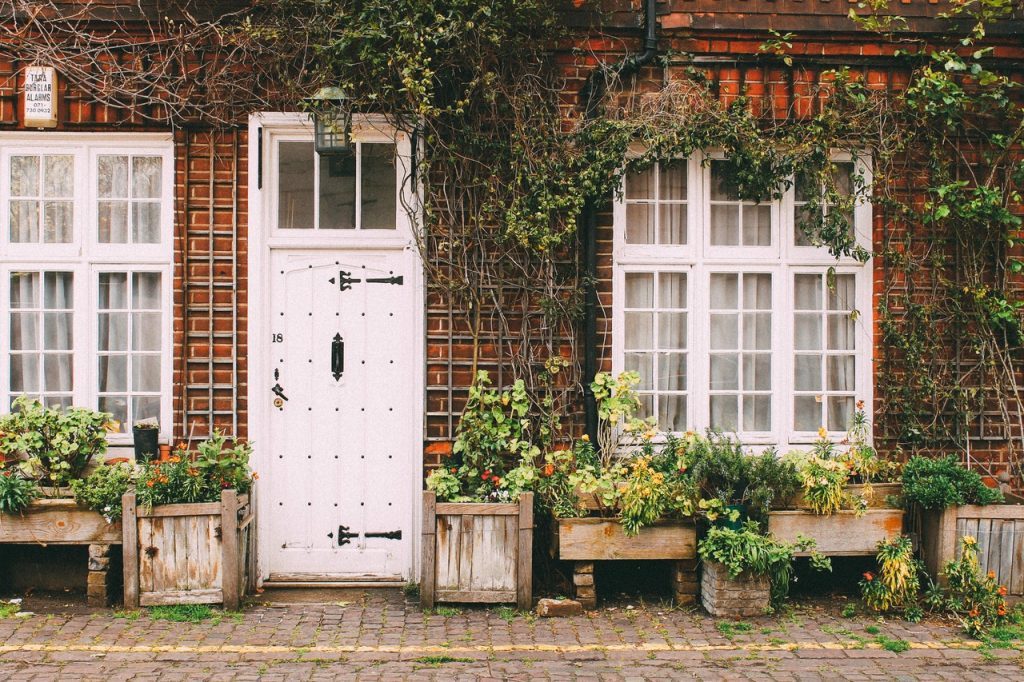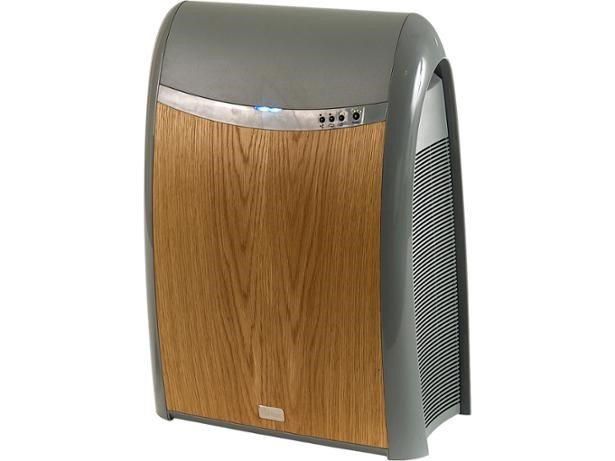At Cloudy2Clear, we’re regularly asked the same questions about double glazing. These range from, ‘Is it efficient?’ to the wider, ‘Are the benefits that good?’. In short, both answers are a definite ‘Yes’. ‘How long does double glazing last?’ however, is slightly more complicated.
The general consensus on double glazing lifespan is estimated to be anything between 20 and 35 years depending on the supplier and the fitter. Others even suggest up to and above 40 years in some cases. At Cloudy2Clear, we confidently assure our customers of our professional work ethic and practices, and our product quality with a 25-year guarantee. As we only replace the pane, not the frame, the guarantee relates purely to the glass, not the PVC frame.
When modern double glazing was first introduced in the United States during the 1950s, it caught on relatively quickly. By the late 70s / early 80s, the trend had travelled across the pond to Britain. We’ve already seen the bulk of those windows come to the end of their life and need replacing, and now windows installed in the late 80s and early 90s are also in need of some tender loving care due to ill fitting, poor workmanship, and general wear and tear. Developments have also been made in window technology since their original introduction and represent a better product than before.

Expecting a double-glazing unit to survive for 30 plus years varies greatly dependent on location. Even though windows are designed to withstand the harshest weather, particularly exposed or open areas are more liable to succumb to adverse and challenging conditions. This can make some people consider triple glazing, however this is rarely needed in the United Kingdom. The best practice is to replace any failed double glazing.

In Scandinavia and northern Europe, triple glazing units are common place to help fight the fierce, cold and brisk weather to better insulate homes, the cost and benefits aren’t necessary to the more varied climate experienced in the majority of the United Kingdom. If you live in the UK, then expecting your double glazing to last 25 years is very reasonable.
Installing new double glazing is an investment for the future as it increases your homes energy efficiency and can help cancel out unwanted noise from outdoors. We also offer insulating glass to help keep your bills down and make your home a better and more efficient environment to live in.
If you want to take our offer of a free, no obligation quote, then please don’t hesitate contact us or read more about our double glazing repairs by visiting our dedicated page.

